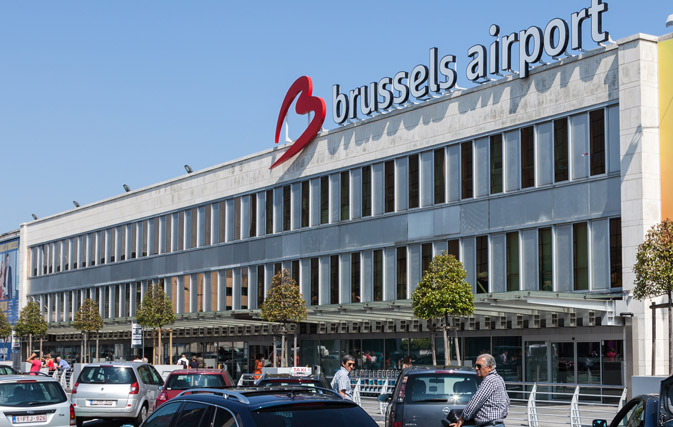DUBLIN – Passenger demand growth is slowing down, and the Brussels Airport attack appears to be the cause.
According to the International Air Transport Association (IATA), global passenger traffic data for April revealed that demand rose by 4.6%, which is the slowest pace since January 2015. Meanwhile, April capacity increased by 4.9% and load factor slipped 0.3% to 79.1%.
What weighed most heavily on April figures was the disruptive impact of the Brussels Airport attack on March 22. IATA estimates that had it not been for the attacks, demand growth would have been around 5%.
“The disruptive impacts of the Brussels terror attacks will likely be short-lived. There are some longer-term clouds over the pace of demand growth. The stimulus from lower oil prices appears to be tapering off. And the global economic situation is subdued. Demand is still growing, but we may be shifting down a gear,” said Tony Tyler, IATA’s Director General and CEO.
April international passenger demand rose 4.8% compared to April 2015, the slowest pace in two years. Airlines in all regions recorded growth, led by the Middle East region. As for North American airlines, traffic rose 1.1% compared to April a year ago, the smallest increase among regions.
Demand for domestic travel climbed 4.1% in April compared to April 2015, while capacity increase 3.8%, causing load factor to rise 0.3 percentage points to 81.4%. All markets reported demand increases with the exception of Brazil, which showed a 12.1% decline, reflecting the country’s ongoing economic recession and political turmoil.

